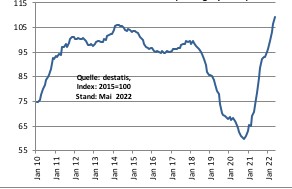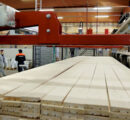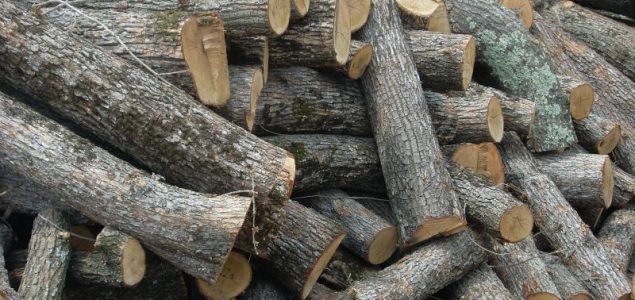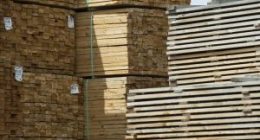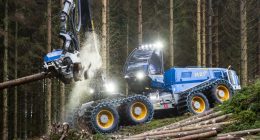A European Parliament effort to roll back policies and subsidies that encourage burning wood pellets for energy has suffered a potential setback.
The parliament’s business committee, known as ITRE, voted last week to uphold the current policies that treat wood pellets as a carbon-neutral alternative to coal. That countered a vote in May by the parliament’s environment committee (ENVI) that called for stricter limits on using “primary biomass” — or trees — for energy.
ITRE adopted its own revisions to the EU’s Renewable Energy Directive that could actually expand subsidies to wood pellet users — not limit them.
Wood pellets made from trees harvested in North Carolina and across the Southeast are shipped mainly to Europe, where they’re burned to produce electricity. Some governments also pay energy plants to use wood in place of coal.
But climate activists criticize the practice, arguing that wood pellets (which also emit carbon when burned) are not really climate-friendly. Carbon emissions from energy plants are a major cause of global warming.
In a press conference after the vote, ITRE spokesman Markus Pieper said: “We still have problems with regard to the definition of secondary and primary biomass. The criteria from the ENVI committee, we feel, would limit the availability of biomass.”
Actually, that was the whole idea behind the reform effort.
Environmental advocates argue that burning wood for energy is no better than coal, and possibly worse once you include the carbon emissions from trucking, processing and trans-Atlantic shipping.
Any limits on cutting trees for wood pellets would hurt the U.S.-centered wood pellet industry and market leader Enviva, which has four wood pellet plants in North Carolina and one in South Carolina. Enviva celebrated the vote in a press release, saying:
“We are encouraged by today’s vote of the EU Parliament’s Industry Research and Energy (ITRE) Committee making further progress on Renewable Energy Directive III, in particular their decision to expand the scenarios under which power-only plants using forest biomass can continue to receive support.”
Enviva says it follows a “responsible sourcing policy” that it doesn’t buy wood from old-growth forests, protected forests or forests that are cut for development.
Arguing in support of the wood pellet industry were 16 members of Congress, including Democrat G.K. Butterfield and Republicans Richard Hudson and David Rouzer from North Carolina, whose districts include Enviva plants. Their letter to the ITRE committee in late June, obtained by WFAE, says new restrictions would undermine U.S.-Europe trade and that burning biomass for energy is needed to meet climate goals. Other signers were from timber-producing states, including the Southeast, where most of the trees for wood pellets are harvested and processed.
The vote was a blow to environmental groups that have been campaigning to end the use of wood pellets for energy.
“On the whole, it’s not looking good,” said Rita Frost, of the Asheville-based Dogwood Alliance.
“Unfortunately, the ITRE committee’s version of the ENVI decision introduced new loopholes around qualified biomass. At the end of the day, the loopholes will allow an increase in wood burning,” Frost said in an email.
Derb Carter of the Southern Environmental Law Center said Enviva and the biomass industry “went into overdrive” to lobby for continuing the existing rules and subsidies, and the result was “business as usual.”
“This clearly exposes their claim that they only pelletize and burn waste wood and the threat the industry poses to forests, biodiversity, and climate. And their dependence on government subsidies to exist at all,” Carter said.
The full European Parliament will take up the Renewable Energy Directive in September. They’ll consider revisions from both the ENVI and ITRE committees.
Meanwhile, Enviva is planning an expansion of one of its North Carolina plants, at Ahoskie, in eastern North Carolina’s Hertford County. The company wants to increase production from 481,800 tons to 630,000 tons per year.
To do that, it needs a new air quality permit from the state Department of Environmental Quality. A draft permit requires new pollution control equipment to deal with an increase in emissions of volatile organic compounds and other hazardous air pollutants.
The post European lawmakers battle over whether to limit wood pellets for energy appeared first on Global Wood Markets Info.

